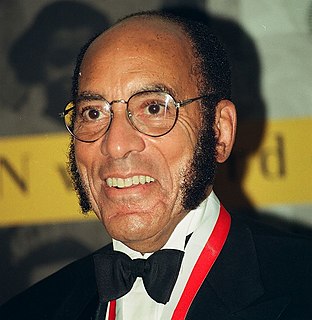A Quote by Michael Portillo
Here in Britain, we can get a little bit snobby about American history. Yes, their history is not quite as long as ours. But it isn't all that short, either.
Related Quotes
What is history? Any thoughts, Webster?' 'History is the lies of the victors,' I replied, a little too quickly. 'Yes, I was rather afraid you'd say that. Well, as long as you remember that it is also the self-delusions of the defeated. ... 'Finn?' '"History is that certainty produced at the point where the imperfections of memory meet the inadequacies of documentation." (quoting Patrick Lagrange)
'A Naval History of Britain' which begins in the 7th century has to explain what it means by Britain. My meaning is simply the British Isles as a whole, but not any particular nation or state or our own day... 'Britain' is not a perfect word for this purpose, but 'Britain and Ireland' would be both cumbersome and misleading, implying an equality of treatment which is not possible. Ireland and the Irish figure often in this book, but Irish naval history, in the sense of the history of Irish fleets, is largely a history of what might have been rather than what actually happened.
I'm not against knowing the history of white people in the U.S. - that's not the point. The point is that there's so much greater history. We don't know about Native Americans. Very basically, we don't know that much about African American history, except that they were enslaved. You only get bits and pieces.
I've been writing American history for a long time, and I've had a hard time finding strong, interesting female characters. There are women, of course, in American history, but they're hard to write about because they don't leave much of a historical trace, and they're not usually involved in high-profile public events.
History teaches us that the capacity of things to get worse is limitless. Roman history suggests that the short, happy life of the American republic may be coming to its end... the US will probably maintain a facade of constitutional government and drift along until financial bankruptcy overtakes it.
Another thing is, people lose perspective. It is a cultural trait in America to think in terms of very short time periods. My advice is: learn history. Take responsibility for history. Recognise that sometimes things take a long time to change. If you look at your history in this country, you find that for most rights, people had to struggle. People in this era forget that and quite often think they are entitled, and are weary of struggling over any period of time
If, in schools, we keep teaching that history is divided into American history and Chinese history and Russian history and Australian history, we're teaching kids that they are divided into tribes. And we're failing to teach them that we also, as human beings, share problems that we need to work together with.

































